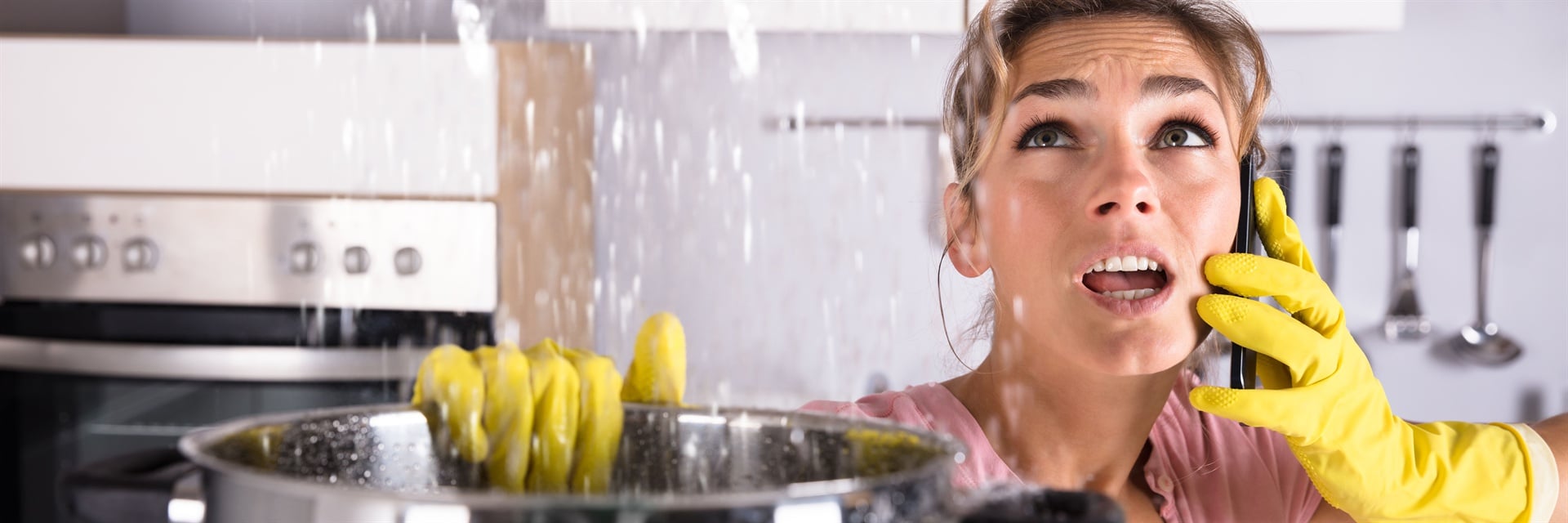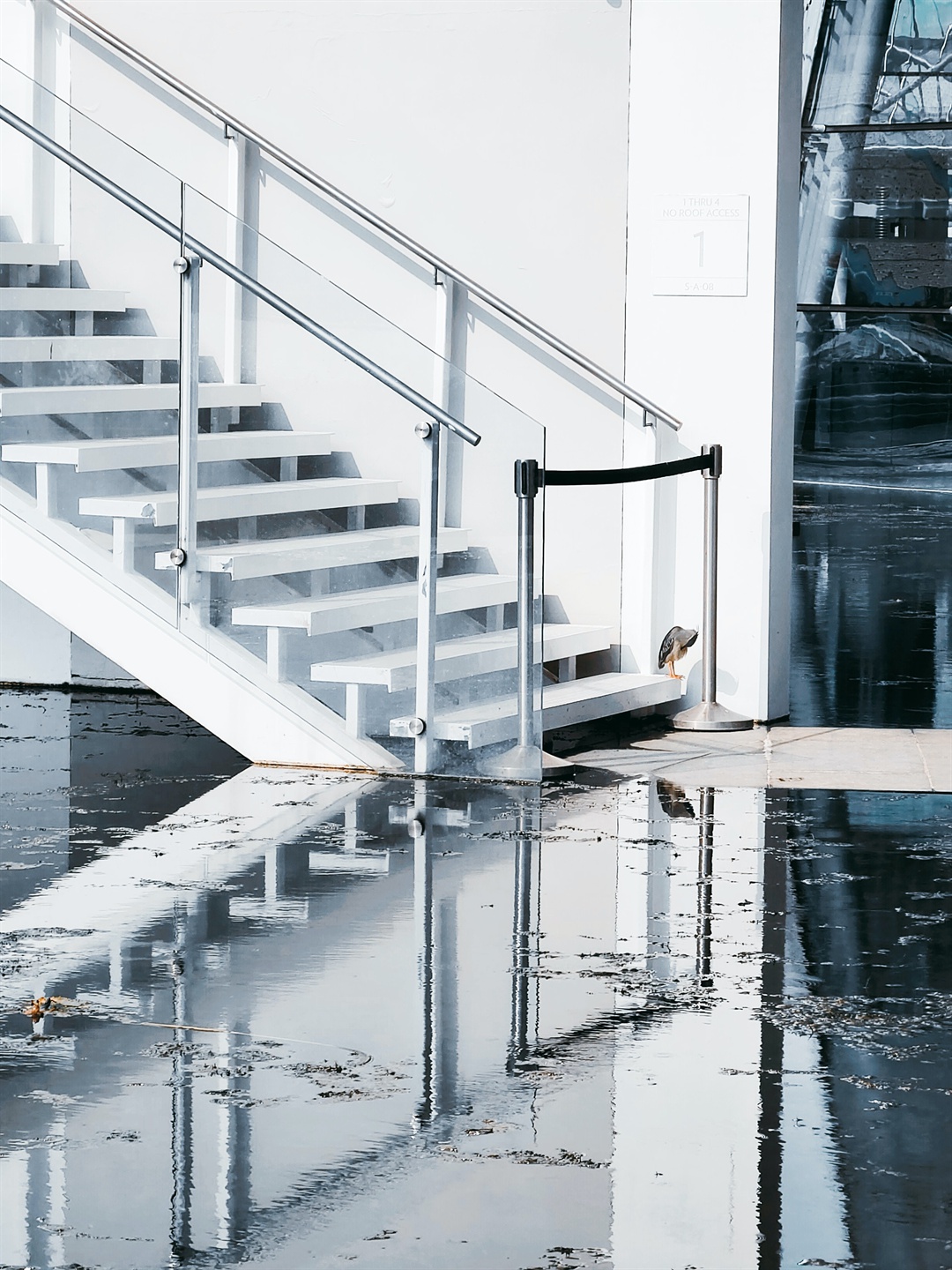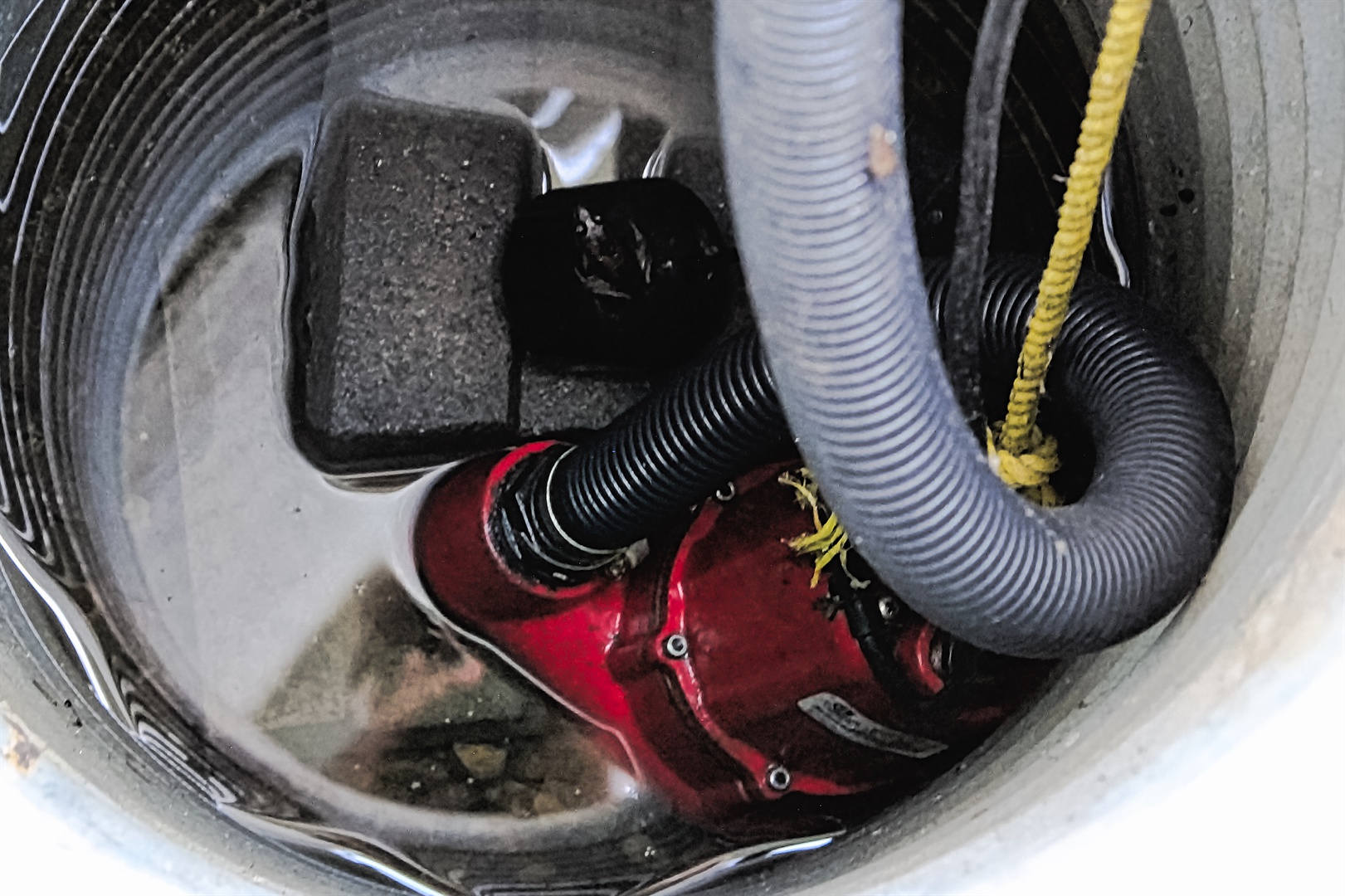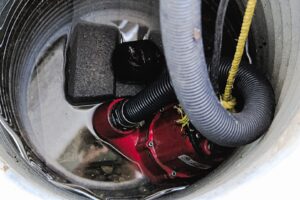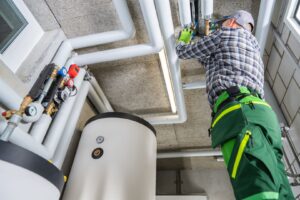As the rainy season approaches, it is crucial to take proactive measures to protect your home from basement flooding. Heavy rainfall can overwhelm your plumbing system, leading to costly water damage and potential health hazards. In this article, we will explore essential plumbing precautions to prevent basement flooding during the rainy season and provide practical tips to ensure your home remains safe and dry.
contents
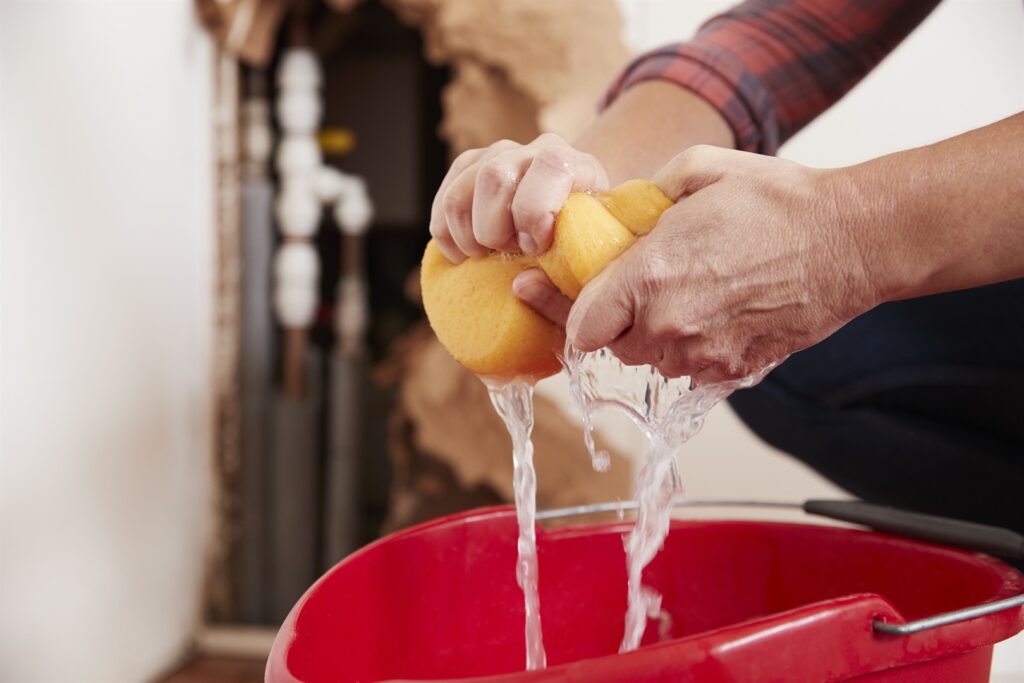
1. Understanding the Risks of Basement Flooding
Basement flooding poses significant risks to both your property and your health. Excessive water infiltration can damage your foundation, weaken structural integrity, ruin personal belongings, and promote mold growth. Additionally, flooded basements can compromise electrical systems, increasing the risk of electrical shocks and fires. Understanding these risks highlights the importance of taking preventive measures.
2. Maintaining and Inspecting Gutters and Downspouts
Properly functioning gutters and downspouts play a crucial role in diverting rainwater away from your home’s foundation. Regularly inspect and clean your gutters to remove debris that can clog them, causing water to overflow and collect near the foundation. Ensure that downspouts extend at least six feet away from your home, directing water to a safe drainage area.
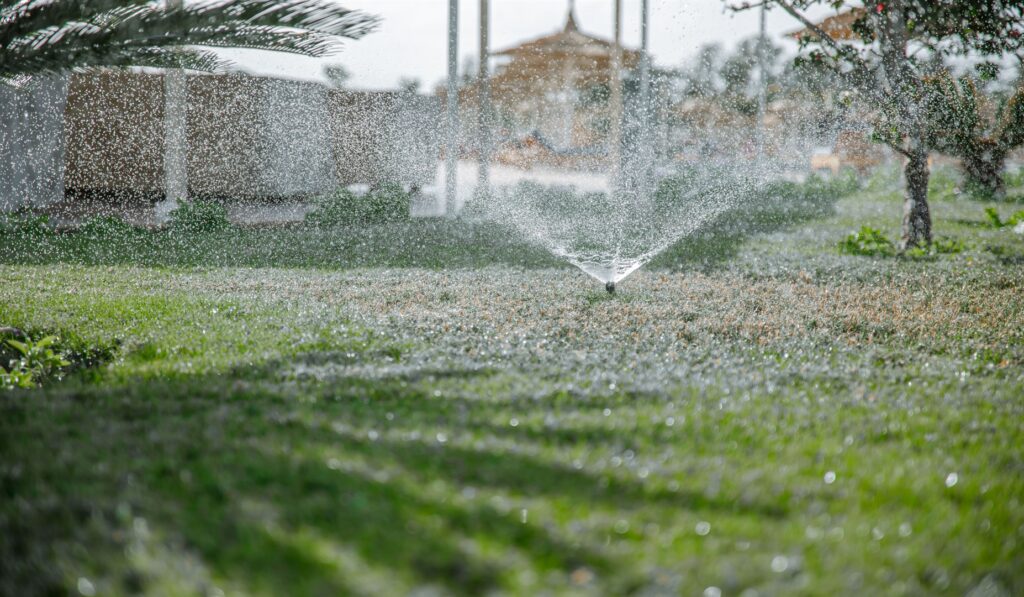
3. Implementing Effective Grading and Landscaping Techniques
Proper grading and landscaping around your home can significantly impact basement flooding prevention. Ensure that the ground slopes away from your foundation, directing water away from the basement. Consider using materials like gravel or rocks in low-lying areas to promote better drainage. Strategically placed landscaping features such as swales or rain gardens can help absorb excess water and prevent it from pooling near your home.
4. Installing Sump Pumps and Backflow Prevention Devices
Sump pumps are invaluable tools in preventing basement flooding. These devices automatically remove excess water from the basement, ensuring it stays dry. Consider installing a sump pump with a battery backup system to ensure functionality during power outages. Additionally, installing backflow prevention devices, such as check valves, can prevent sewage backup into your basement during heavy rainfall.
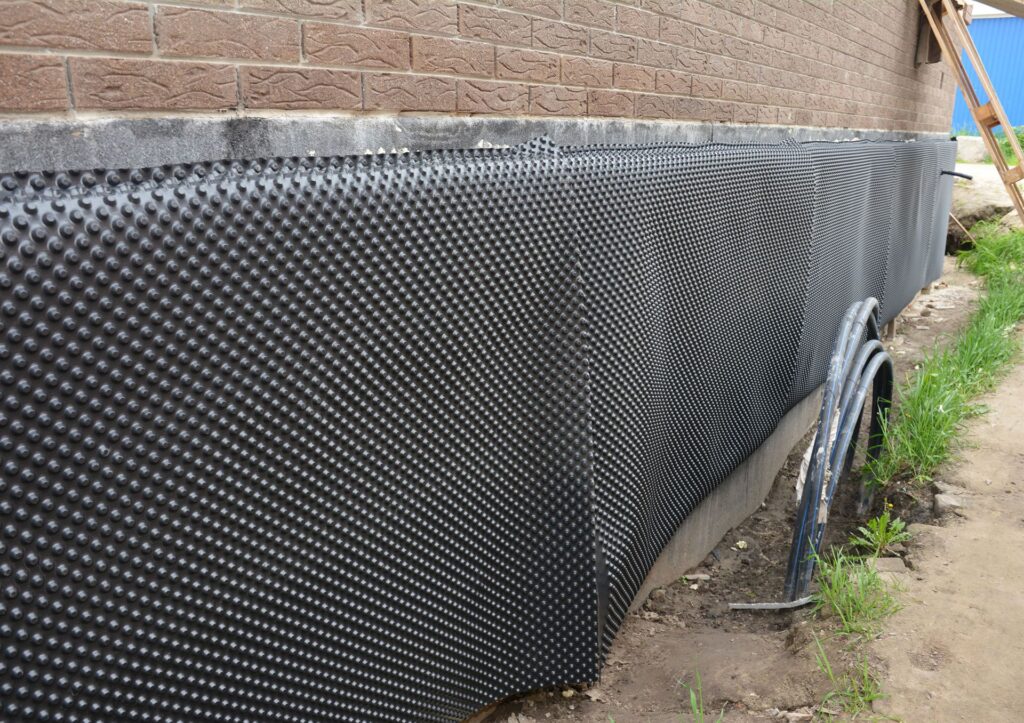
5. Waterproofing Your Basement
Taking proactive steps to waterproof your basement is an essential preventive measure against flooding. Consider applying waterproofing coatings to the interior walls and floors of your basement. Install a moisture barrier on the exterior walls to prevent water infiltration. Seal any cracks or gaps in the foundation to minimize water seepage.
6. Regular Plumbing System Maintenance
Maintaining your plumbing system is crucial to prevent basement flooding. Inspect and repair any leaks in pipes, faucets, or valves. Ensure that your sump pump is in proper working condition and test it regularly. Schedule professional plumbing inspections to identify and address any potential issues before they escalate.
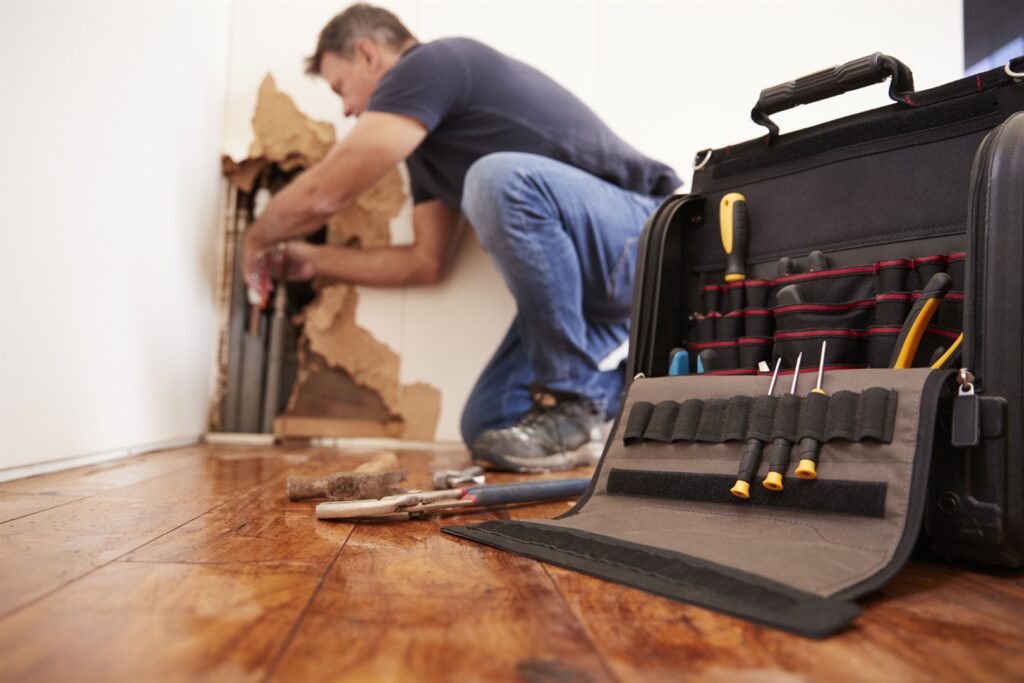
7. Responding to Warning Signs
Being vigilant and responding promptly to warning signs of potential basement flooding can save you from extensive damage. Watch out for damp or musty odors, moisture stains on walls or floors, and the sound of running water where it shouldn’t be. If you notice any of these signs, investigate the source and address the issue immediately to prevent further damage.
8. Prepare for Emergencies
Despite taking preventive measures, unforeseen circumstances can still lead to basement flooding. It is essential to be prepared for emergencies by having a plan in place. Familiarize yourself with the location of the main water shut-off valve and ensure you have the necessary tools to shut off the water supply in case of a burst pipe or other plumbing emergencies.
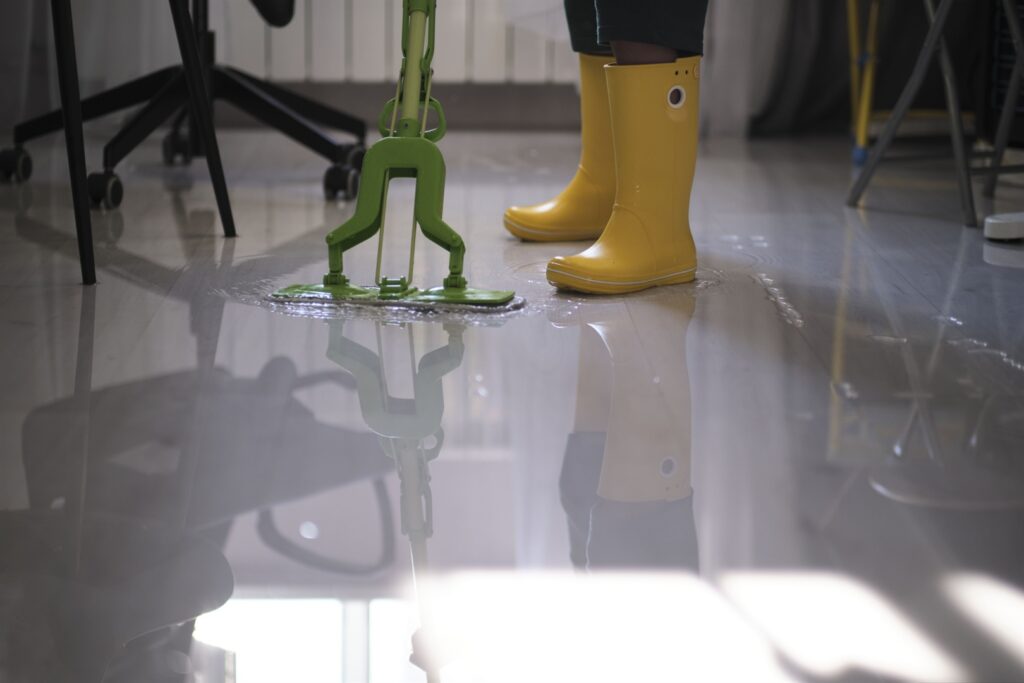
Conclusion
Preventing basement flooding during the rainy season requires proactive planning and diligent maintenance. By implementing these plumbing precautions, such as maintaining gutters, effective grading, installing sump pumps, and waterproofing, you can safeguard your home from costly water damage and maintain a dry and secure basement. Remember, taking preventive measures now can save you from the headaches and expenses associated with basement flooding in the future.




